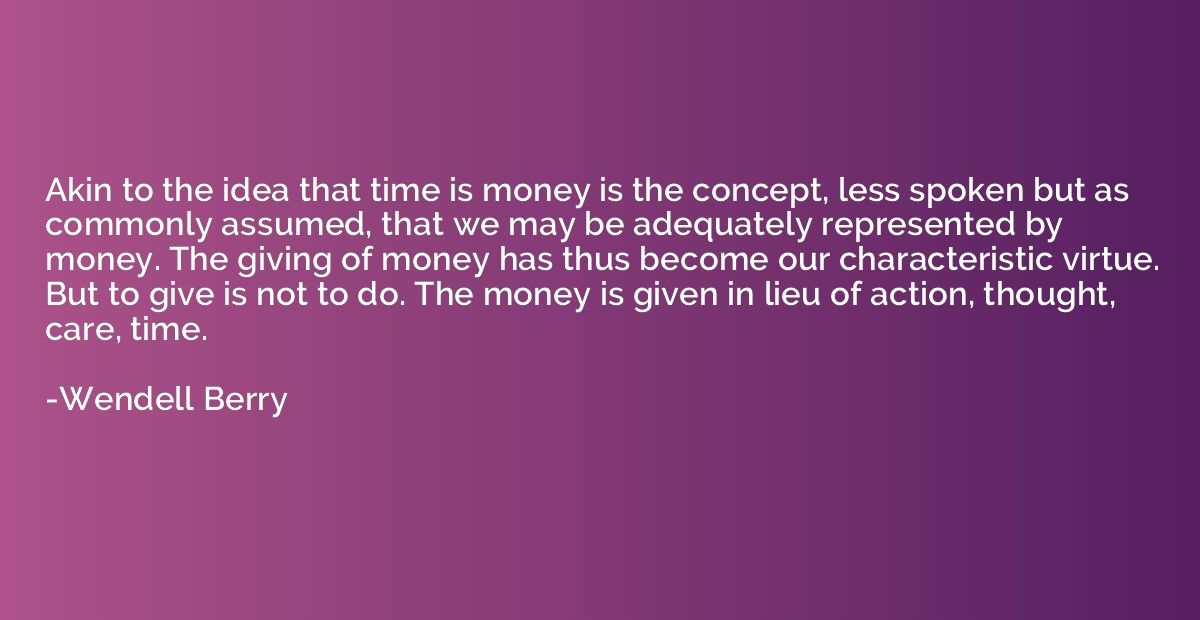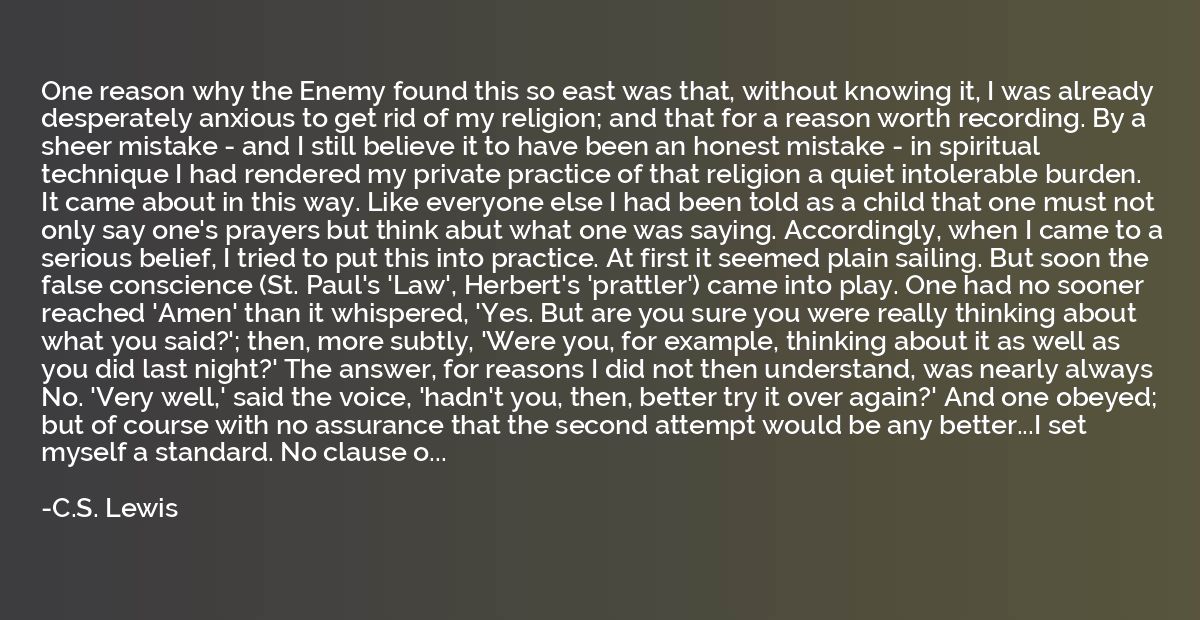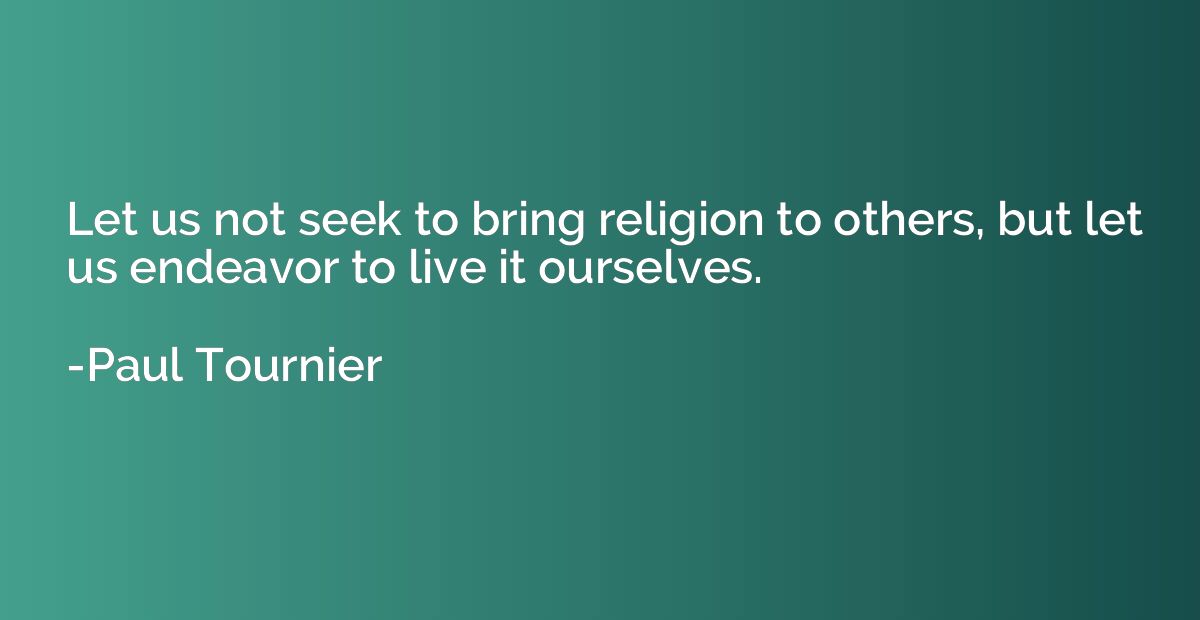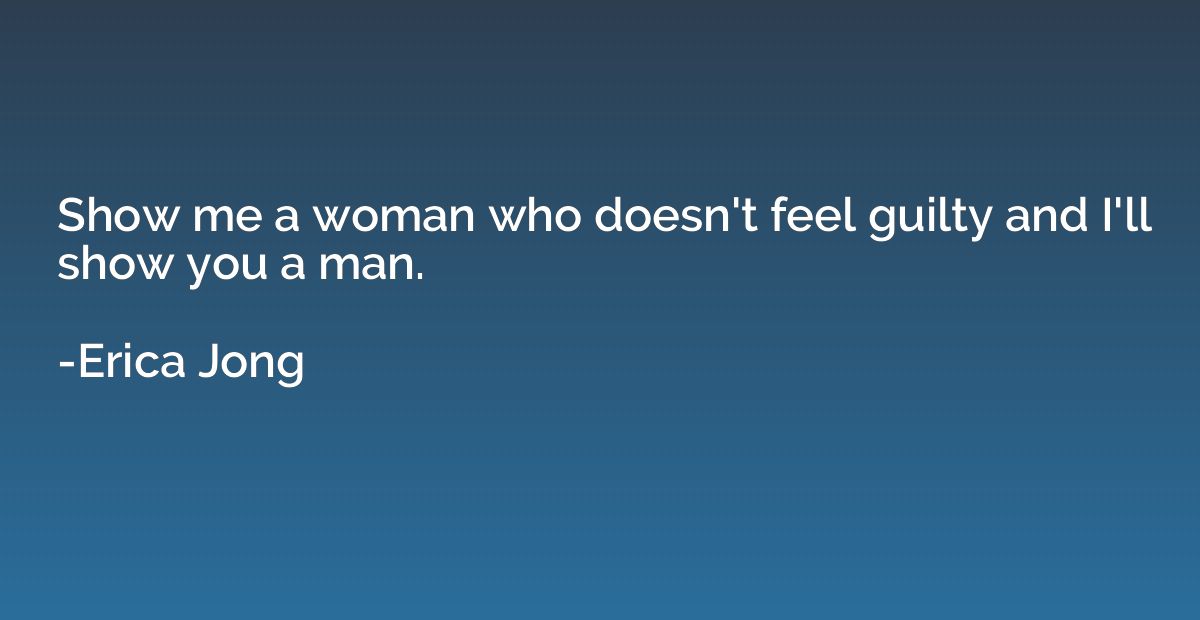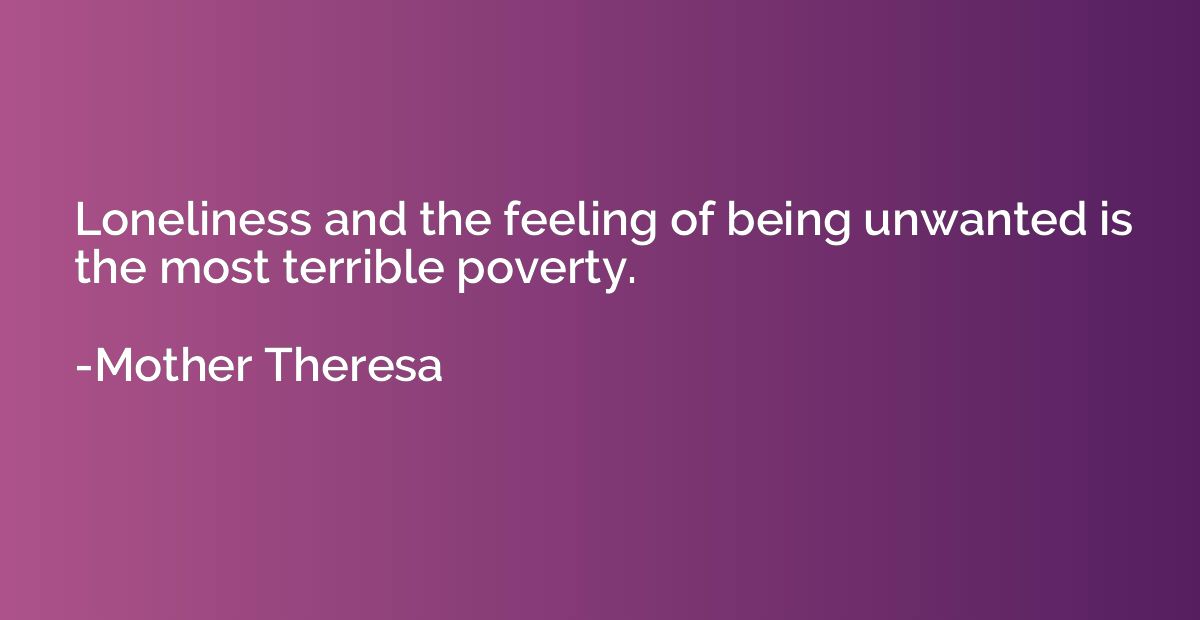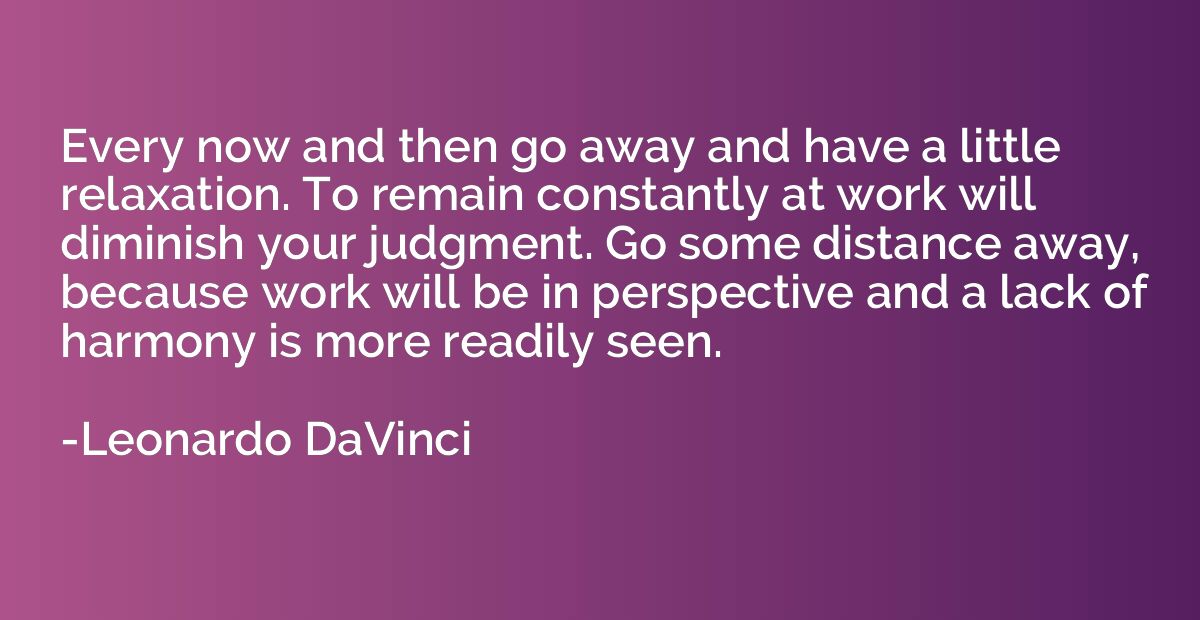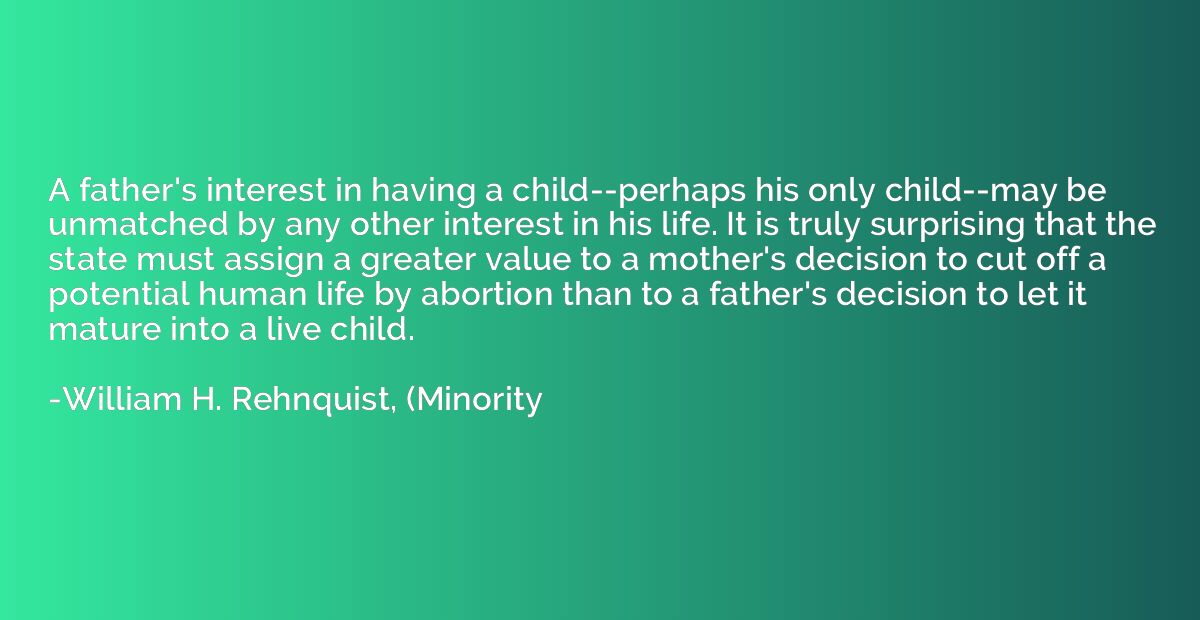Quote by Howard W. Hunter
This Christmas mend a quarrel. Seek out a forgotten friend. Dismiss suspicion and replace it with trust. Write a letter. Give a soft answer. Encourage youth. Manifest your loyalty in word and deed. Keep a promise. Forgo a grudge. Forgive an enemy. Apologize. Try to understand. Examine your demands on others. Think first of someone else. Be kind. Be gentle. Laugh a little more. Express your gratitude. Welcome a stranger. Gladden the heart of a child. Take pleasure in the beauty and wonder of the earth. Speak your love, and then speak it again.
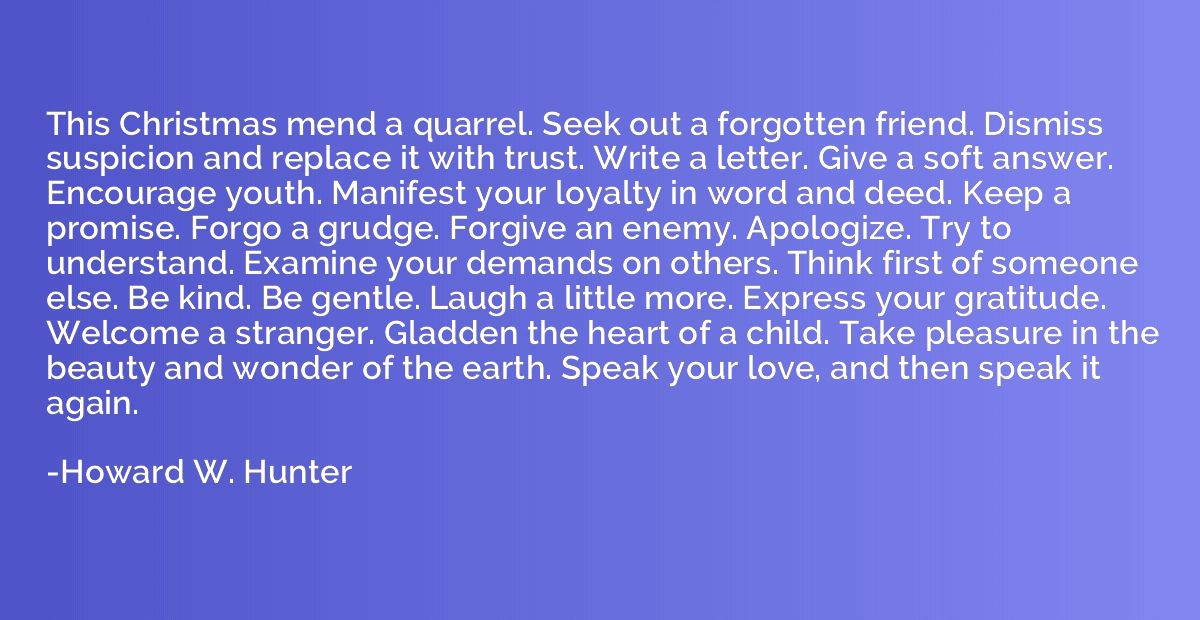
Summary
This quote serves as a reminder of the true spirit of Christmas and encourages us to practice kindness, forgiveness, and gratitude during this festive season. It suggests mendings relationships, reaching out to old friends, and letting go of suspicion in favor of trust. It urges us to be selfless, considerate, and compassionate towards others. The quote invites us to prioritize acts of love, appreciation, and understanding, to appreciate the beauty of the world, and to express our affection to our loved ones. It provides a blueprint for creating joy and spreading happiness during the holiday season.




